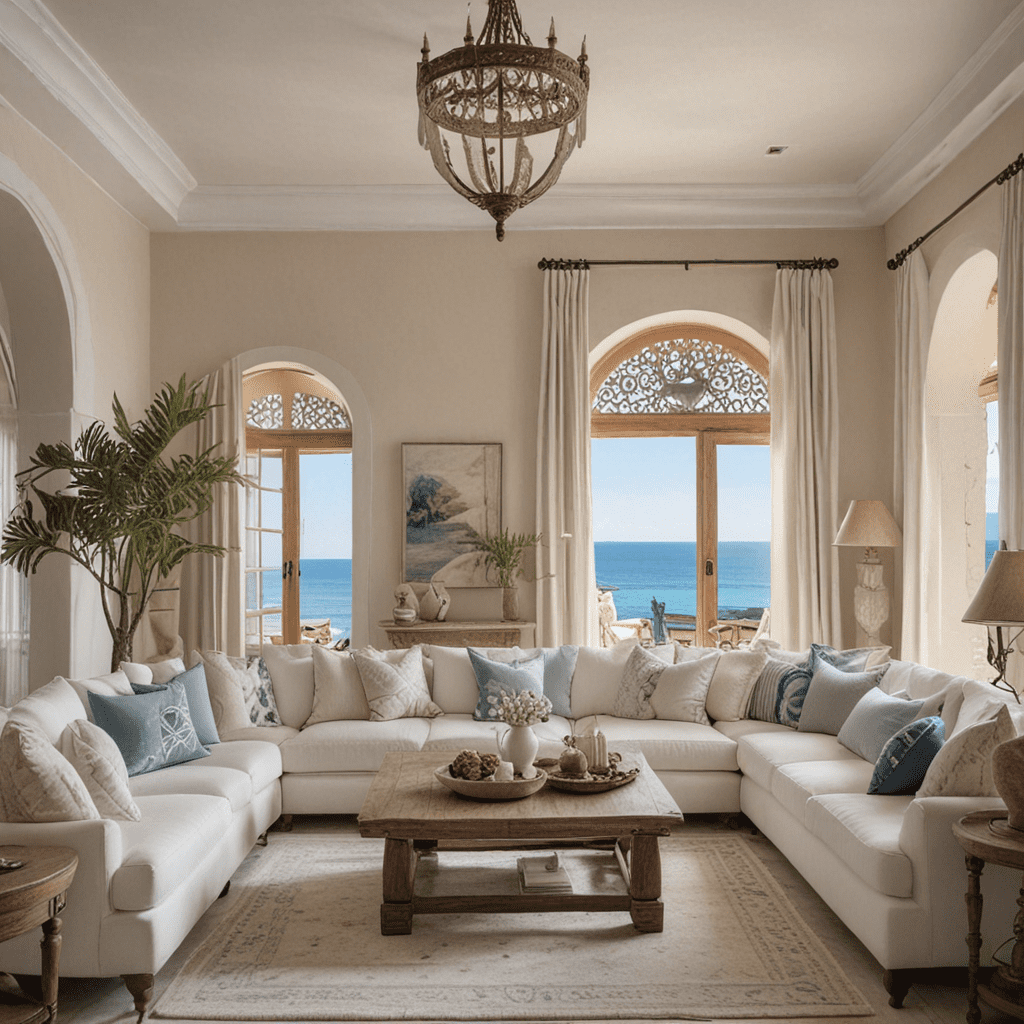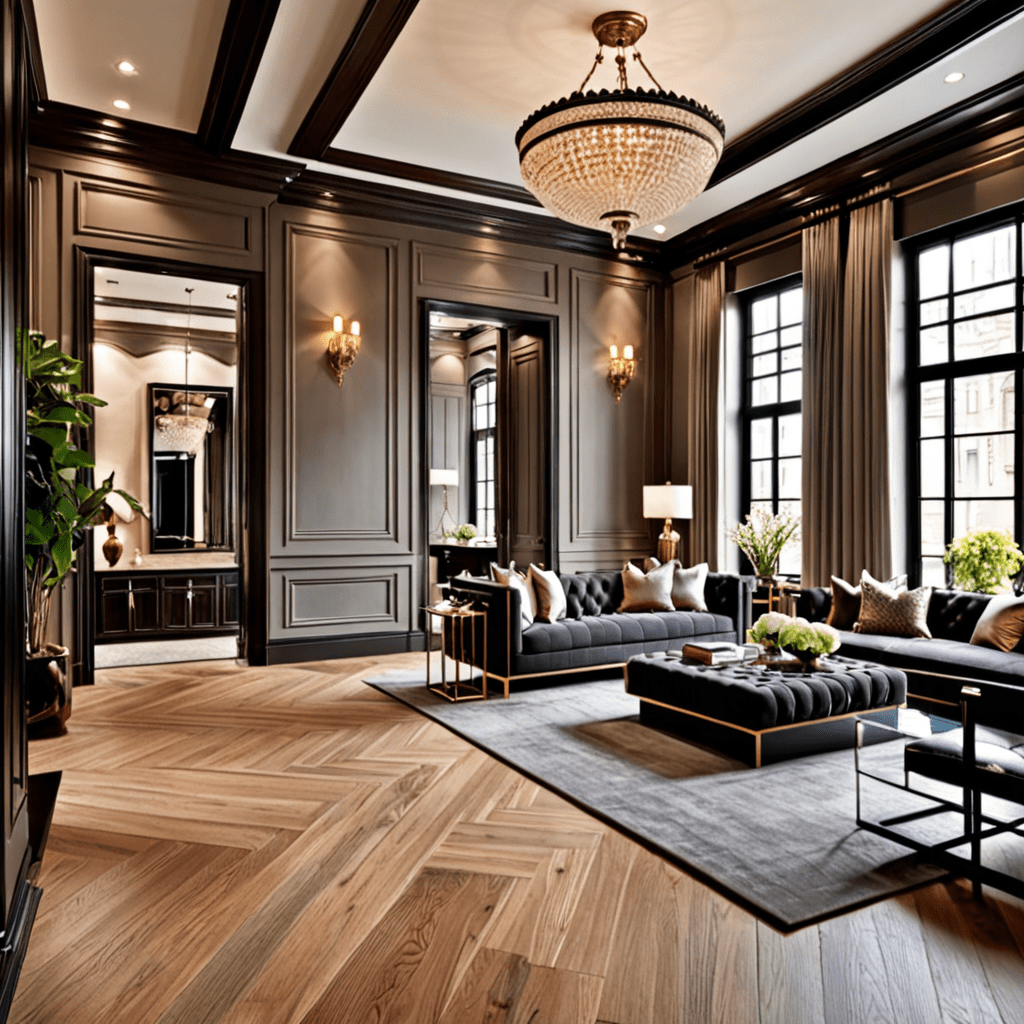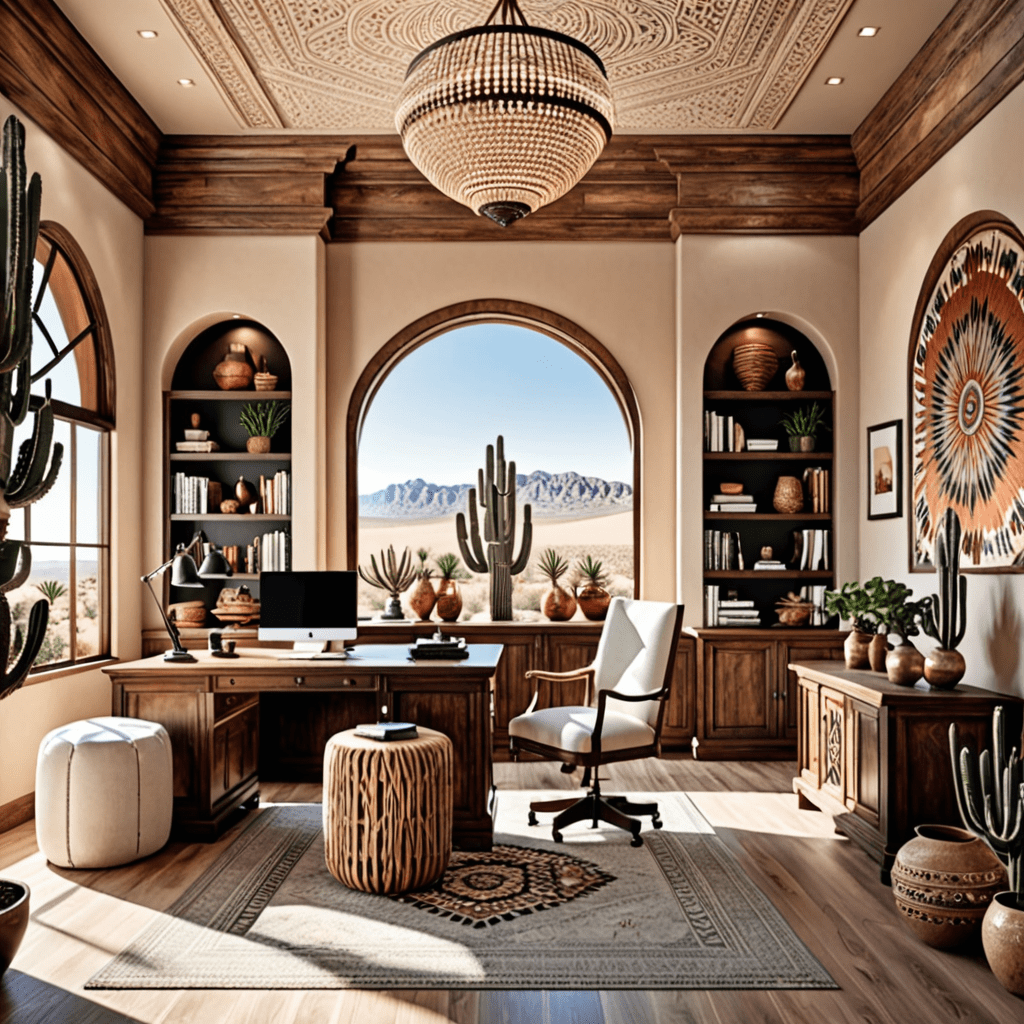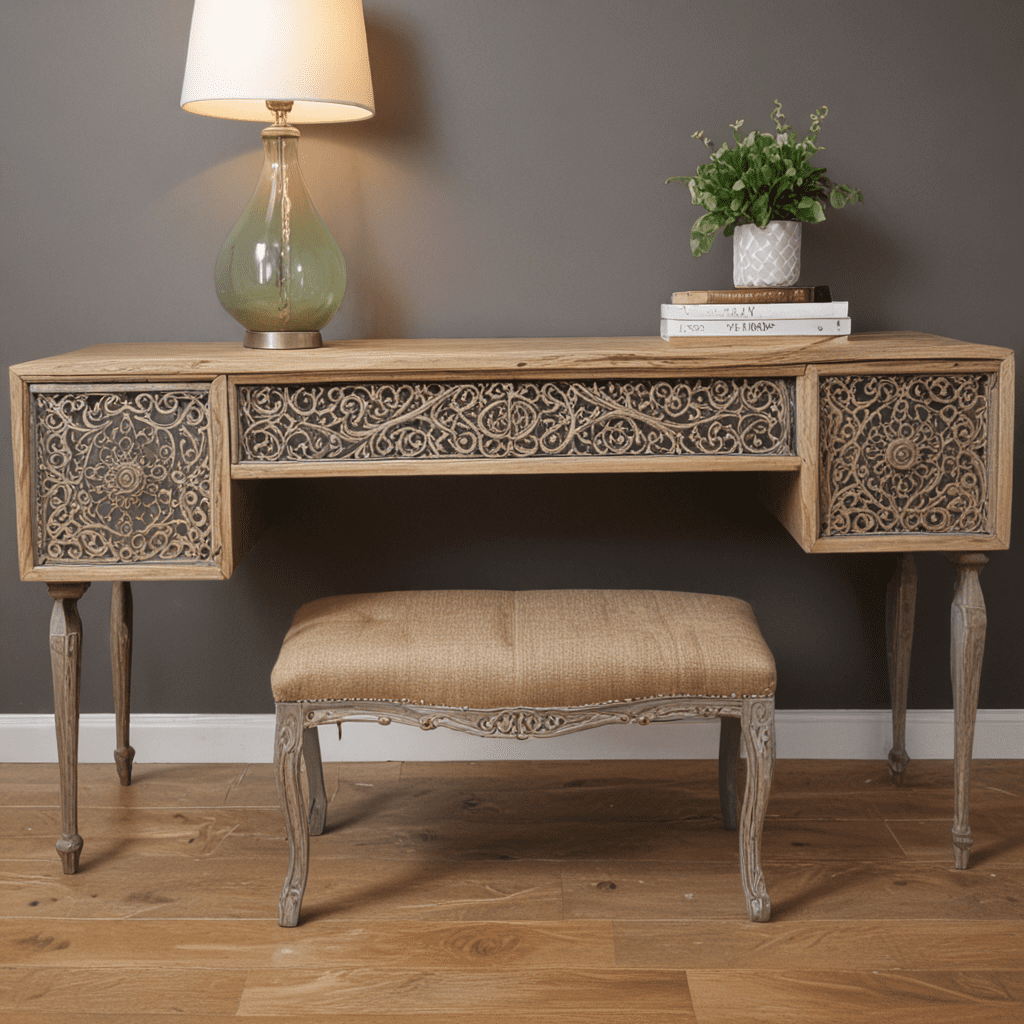Elevate Your Interior Design Career with Advanced Graduate Programs


Elevate Your Interior Design Career with Advanced Graduate Programs
If you’re passionate about interior design and want to take your career to the next level, pursuing a graduate program in interior design can provide you with the advanced skills and knowledge necessary to succeed in this competitive industry. Whether you’re interested in honing your design expertise, exploring new concepts, or expanding your professional network, a graduate program can offer valuable opportunities for growth and development. Here’s everything you need to know about interior design graduate programs.
Why Pursue a Graduate Program in Interior Design?
Graduate programs in interior design are designed to provide students with an in-depth understanding of design principles, spatial planning, sustainable practices, and the latest industry trends. These programs offer a comprehensive curriculum that combines theoretical learning with practical application, allowing students to develop a strong foundation in design theory while also gaining hands-on experience through project-based coursework.
Additionally, a graduate degree in interior design can open doors to advanced career opportunities and leadership roles within the industry. Whether you’re interested in pursuing a career in residential design, commercial interiors, sustainable design, or historic preservation, a graduate degree can enhance your qualifications and position you as a highly skilled professional in the field.
What to Expect from Interior Design Graduate Programs
Interior design graduate programs typically offer a diverse range of courses that cover various aspects of design, including architectural detailing, lighting design, color theory, interior materials, and design history. Students may also have the opportunity to specialize in a particular area of interest, such as healthcare design, hospitality interiors, or environmental psychology.
In addition to coursework, many programs incorporate collaborative projects, internships, and industry partnerships, allowing students to gain real-world experience and build valuable connections within the design community. Depending on the program, students may also have the option to pursue research-focused projects or thesis work to further explore topics of personal interest.
Choosing the Right Program
When considering interior design graduate programs, it’s essential to research and compare different institutions to find the program that best aligns with your career goals and interests. Factors to consider when evaluating programs include faculty expertise, alumni success, available resources and facilities, as well as the program’s accreditation and industry affiliations.
It’s also valuable to consider the program’s curriculum and specializations, as well as any opportunities for international study, professional development, and networking events. Additionally, exploring the program’s internship and job placement support can provide insight into the level of career guidance and mentorship available to students.
How to Apply and Prepare for a Graduate Program
Once you’ve identified the program that aligns with your aspirations, the next step is to prepare for the application process. This typically includes submitting a portfolio of your design work, academic transcripts, letters of recommendation, and a personal statement outlining your motivation for pursuing graduate studies in interior design.
Preparing a strong portfolio that showcases your creativity, technical skills, and design thinking is crucial to making a favorable impression on the admissions committee. Additionally, taking the time to connect with faculty members or current students in the program can provide valuable insights and guidance as you navigate the application process.
Frequently Asked Questions
Q: What are the career prospects for graduates of interior design graduate programs?
A: Graduates of interior design programs often pursue careers as residential or commercial interior designers, design consultants, design educators, or design researchers. With a graduate degree, opportunities for leadership positions, entrepreneurship, and specialized design roles may also become more accessible.
Q: How long does it take to complete an interior design graduate program?
A: The duration of interior design graduate programs varies depending on the degree level and whether the program is full-time or part-time. Master’s degree programs typically take 1-2 years to complete, while doctoral programs may require 3-5 years of study.
Q: What is the difference between a Master of Fine Arts (MFA) and a Master of Science (MS) in interior design?
A: While both degrees can offer advanced training in interior design, an MFA program often emphasizes creative and artistic aspects of design, including studio-based coursework and artistic expression. On the other hand, an MS program may focus more on research, technical skills, and evidence-based design practices.
Q: Are there online options for interior design graduate programs?
A: Yes, many institutions offer online or hybrid options for interior design graduate programs, providing flexibility for working professionals or those unable to attend classes in person. These programs often offer the same curriculum and level of academic rigor as traditional on-campus programs.
Q: What should I look for in a graduate program to ensure it aligns with my career goals?
A: When evaluating graduate programs, consider factors such as faculty expertise, industry affiliations, available specializations, internship opportunities, and the program’s track record of alumni success. Additionally, seek programs that offer the resources and support necessary to pursue your specific areas of interest within the field of interior design.





